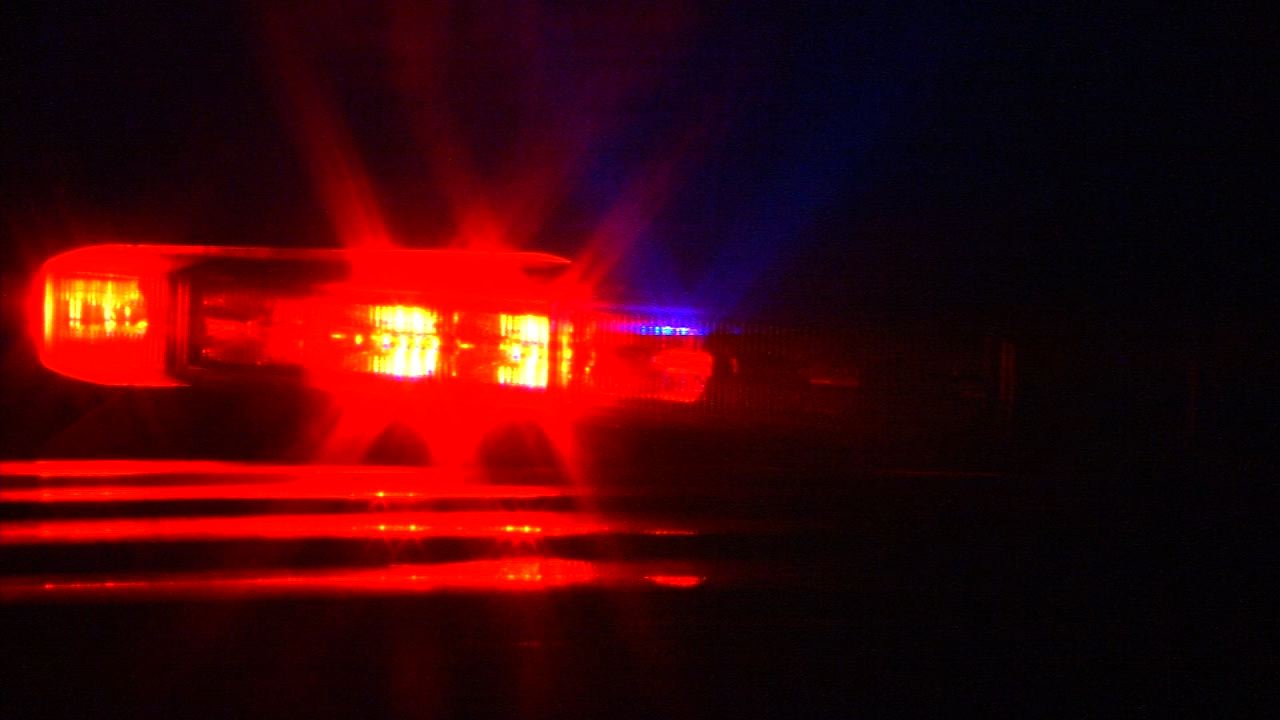Disagreement over POST Board measure banning officers from having ties to hate groups
The state board that oversees police officers is set to vote on a measure that would ban officers from having ties with extremist groups.
But members of law enforcement and the community disagree on whether such a rule is fair or enforceable.
The Minnesota POST Board first decided more than a year ago that it would explore a new rule to ban affiliations with white supremacists or other hate organizations. At least three different states and Washington D.C. have tried to pass similar measures.
The proposed ban turned into a contentious issue after the working group – consisting of police and community members – wrestled with how the board should define hate groups.
“None of us want to support extremists or hate groups. We don’t want to support that kind of behavior, that kind of advocacy,” said Dr. Pat Nelson, a professor with Minnesota State University who sits on the POST Board Advisory Committee. “But on the other hand, we do have rights of association as individuals in the United States.”

(KSTP)
Nelson fears that the rule could be interpreted too broadly. Others on the committee expressed concerns that such a rule would cause more trouble, leading to expensive legal fights.
As currently laid out, the proposal “identifies support, advocacy, or participation in white supremacist, hate or extremist groups or criminal gangs … as a violation” of officer conduct.
Supports cite the January 6 attack in Washington D.C. as one reason this rule is necessary.
Investigators say members of the extremist group, The Oath Keepers, were involved in the riot. Records later showed that the group had recruited members of law enforcement in the past.
“That’s really what law enforcement should never be about,” said Rachel Carroll Rivas, Senior Research Analyst at the Southern Poverty Law Center (SPLC). “This is about an equal playing field and protecting our communities equally.”
According to SPLC, Minnesota has nine active hate groups. While the organization has been criticized for how it defines these groups, SPLC hopes its research can be utilized as a foundation.
“We’re not listing groups that just are out there sort of having benign beliefs. This is about activity in our communities that are inflicting harm,” she said.
The POST Board is scheduled to meet Thursday morning to discuss the proposed rule.